Ukrainian queers. Pride, visibility, representation
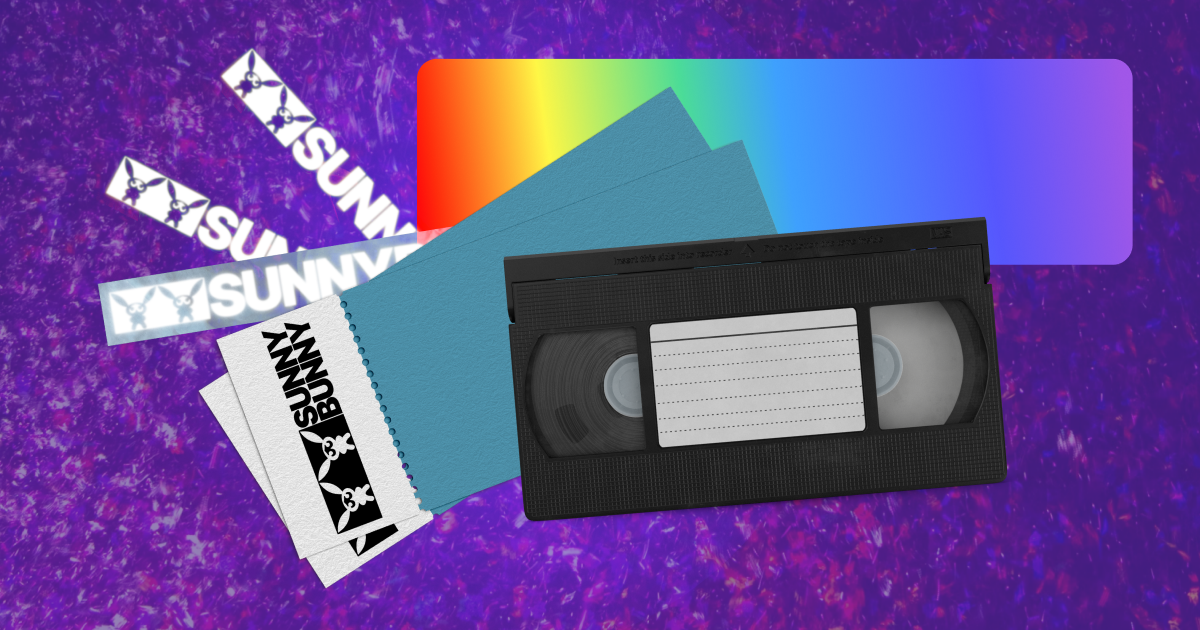
The main problem faced by representatives of the LGBTIQ+ community since the start of the full-scale war is the thesis that it is not the right time.
"People have a false idea that the information space is some kind of limited thing that does not stretch, and we can only cover five topics roughly. We are in no way trying to capture the information space and shift attention away from the war. We live in a time when a missile can strike. People have realised that there is a risk of not waking up every morning, and they need to talk about their rights now," says Kostiantyn Andriyiv, a Gender Zed representative.
In this article, we explore what "queer" means, Ukrainians' attitudes towards the community, and the way it represents itself.
Who are queer people?
Queer is a so-called umbrella term that refers to all people who are not heterosexual and cisgender. In other words, queer refers to LGBTQIA+ (lesbian, gay, bisexual, transgender, queer, intersex, asexual, and other) people in general, as well as those whose identity goes beyond this acronym.
At one time, the word 'queer' was considered offensive. At some point, the LGBT community changed its meaning by starting to use the word. Nowadays, 'queer' is part of the LGBTQ community's acronym and refers to a person's feelings about their orientation or identity, which can be difficult to explain in other words. For example, when a person does not want to label themselves with any words from the LGBT acronym, they can call themselves 'queer',
says Kostiantyn Andriyiv, a representative of the Gender Zed organisation.
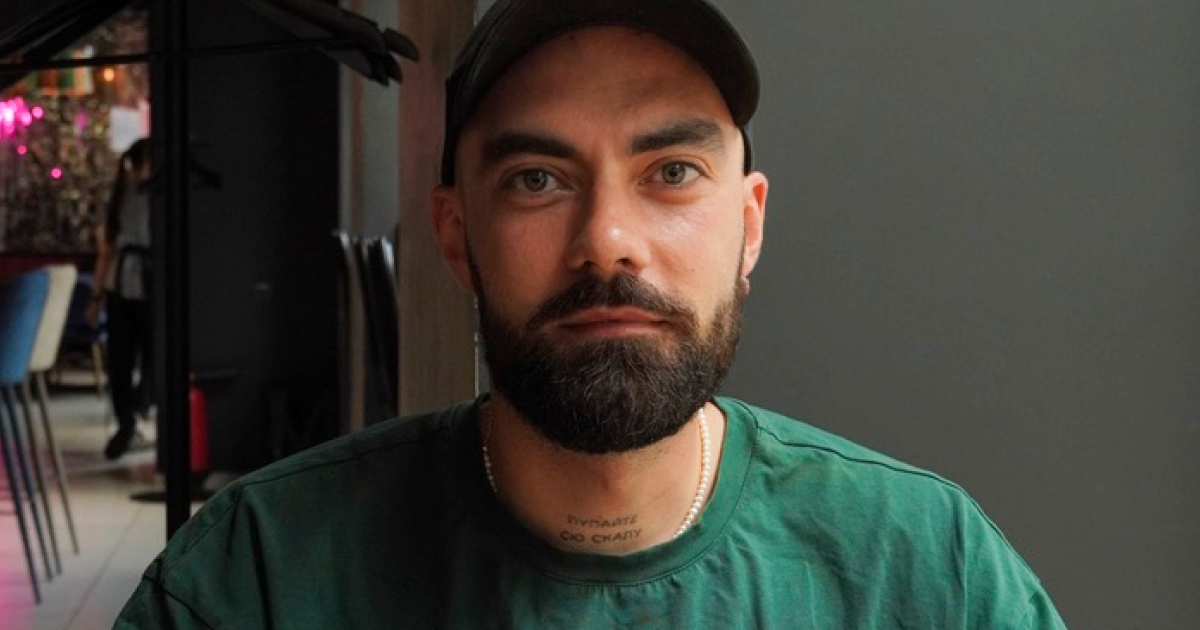
Perception of the Community in Ukraine
During a press conference, Inna Sovsun, MP and initiator of the draft law No. 9103 "On the Institute of Registered Partnerships," noted that over the past 10-15 years, attitudes towards the LGBTQIA+ community have been gradually improving.
However, according to the MP, the full-scale war gave a new impetus, and even more people began to support the community. She attributes this to the louder voice coming from the LGBTQIA+ military and the importance of Ukrainian society showing its difference from the Russians and its desire to build a democratic society.
Given that homophobia is part of the national ideology in Russia, it is important to show that we are different. This is what makes us different - we are ready to respect the rights of everyone. One of the heads of the Verkhovna Rada committees said: "Regardless of my attitude towards LGBT people and my ideas, since Putin is a homophobe, I believe that we, as the Ukrainian parliament, must be different,
says Sovsun.
The Kyiv International Institute of Sociology, commissioned by the Nash Svit Human Rights Centre, has conducted several surveys of Ukrainians on their attitudes towards LGBTQIA+ people.
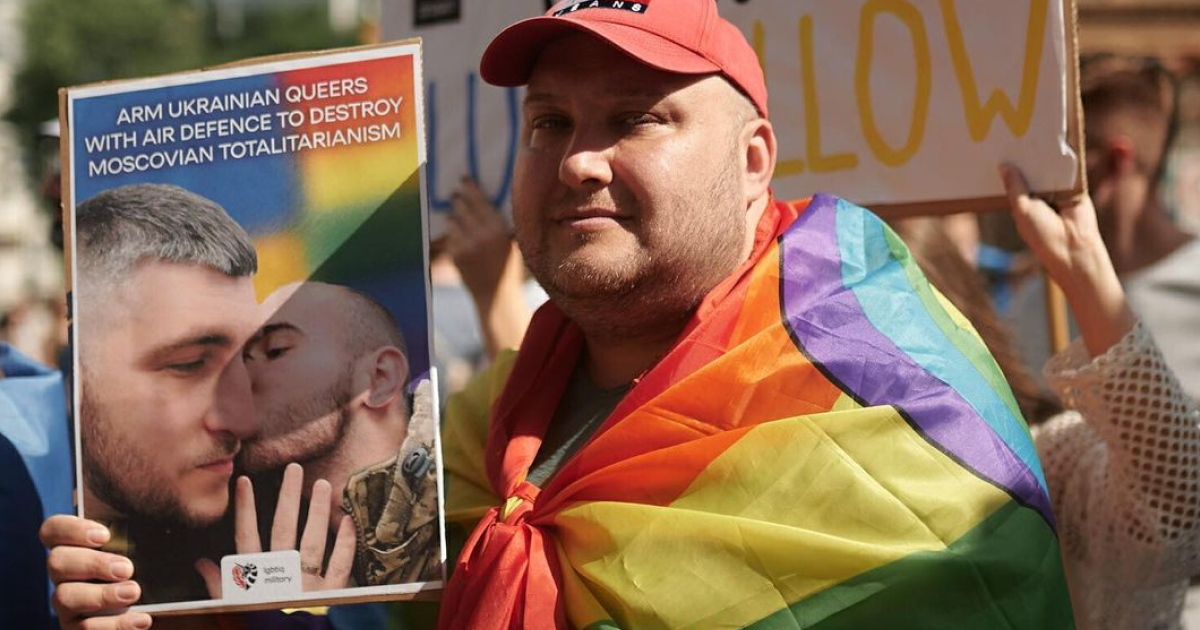
In 2016, 60% of respondents said they had a rather negative or definitely negative attitude towards people with homosexual orientation. In 2023, 34% of respondents gave the same answer.
Seven years ago, 5% of Ukrainians said they supported the introduction of registered partnerships for same-sex couples. This year, 28% expressed support.
Proud to be who they are
June is traditionally the Pride Month. Due to martial law, LGBTQIA+ people do not hold equality parades but enjoy the hospitality of allied cities. In 2022, KyivPride and WarsawPride held a joint march in the Polish capital. This year, Liverpool is hosting the march on behalf of KyivPride. In a number of other cities, Ukrainian columns are represented at pride parades.
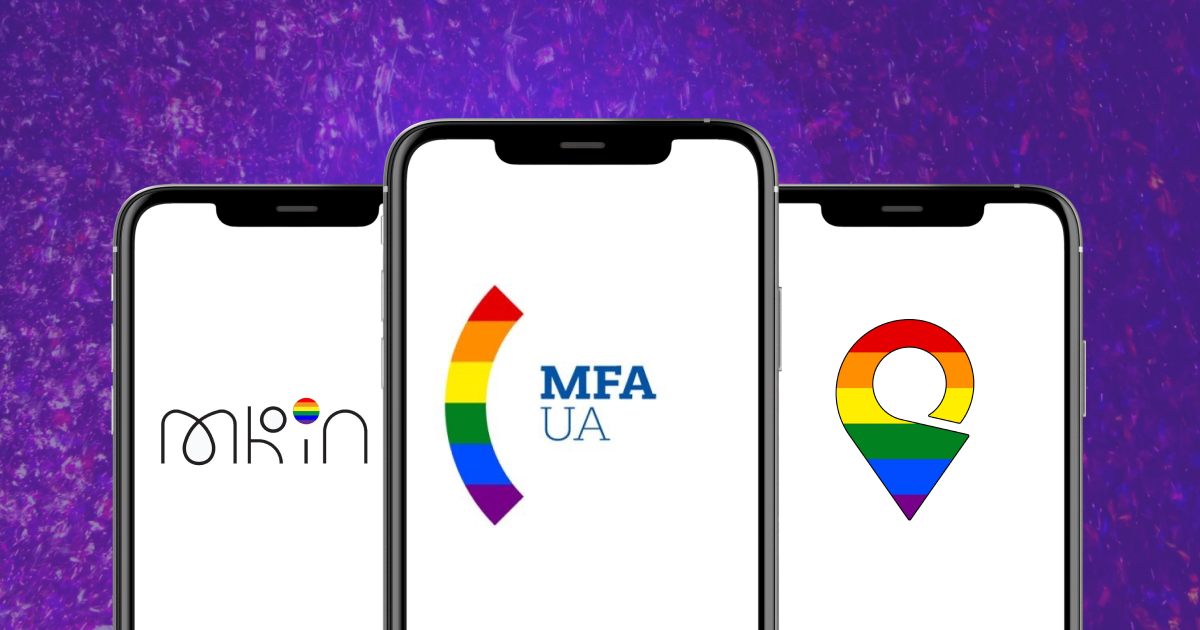
Many Ukrainian companies supported Pride Month by integrating the rainbow flag into their logos. Not only private companies but also state institutions such as the Ministry of Foreign Affairs, Ministry of Culture, and Ukrposhta joined in.
The first big company to support the community was Comfy. Anton Odariuk, Director of PR at Comfy, made a coming-out. As he explained in his post, he started talking about himself and his feelings in the company where he works. On June 12, the company supported Pride Month and changed its logo to include a rainbow, and other brands followed the example.
Nowadays (since the WHO excluded homosexuality from the international classification of diseases - ed.), it's not enough to just make an avatar. Here we need to introduce the concept of pinkwashing (pink and whitewashing - ed.), which is the deliberate manipulation of a topic for one's own benefit. For example, a clothing brand made a lot of T-shirts with rainbow patterns: if 100% of the earnings from them go to the company alone, it's okay because they made the topic visible, but a cool way to support Pride abroad is when, for example, the company donates a percentage of its profits to LGBT organisations,
says Kostiantyn Andriyiv.
His organisation Gender Zed works in Zaporizhzhia. Kostiantyn cites the example of the local IT company Uinno, which invited representatives of the organisation to give a lecture about Pride Month.
Uinno announced that they support the LGBT community, but it is not as important for them to communicate this as it is for them to understand what it is (Pride — ed.) and who LGBT people are. In Zaporizhzhia, we also called for an open letter to the Verkhovna Rada to support civil partnerships. We collected about 50 signatures from various people, businesses, NGOs, and foundations. The Dovzhenko Cinema and Concert Hall also signed - it is a municipal building owned by the city,
says the Gender Zed representative.
Queer in culture
In June, Kyiv hosted the SUNNY BUNNY festival of LGBTQIA+ films. The programme of the same name has existed as part of the Molodist Film Festival since 2001. In recent years, it was supervised by Bohdan Zhuk, who became the director of the separate SUNNY BUNNY festival.
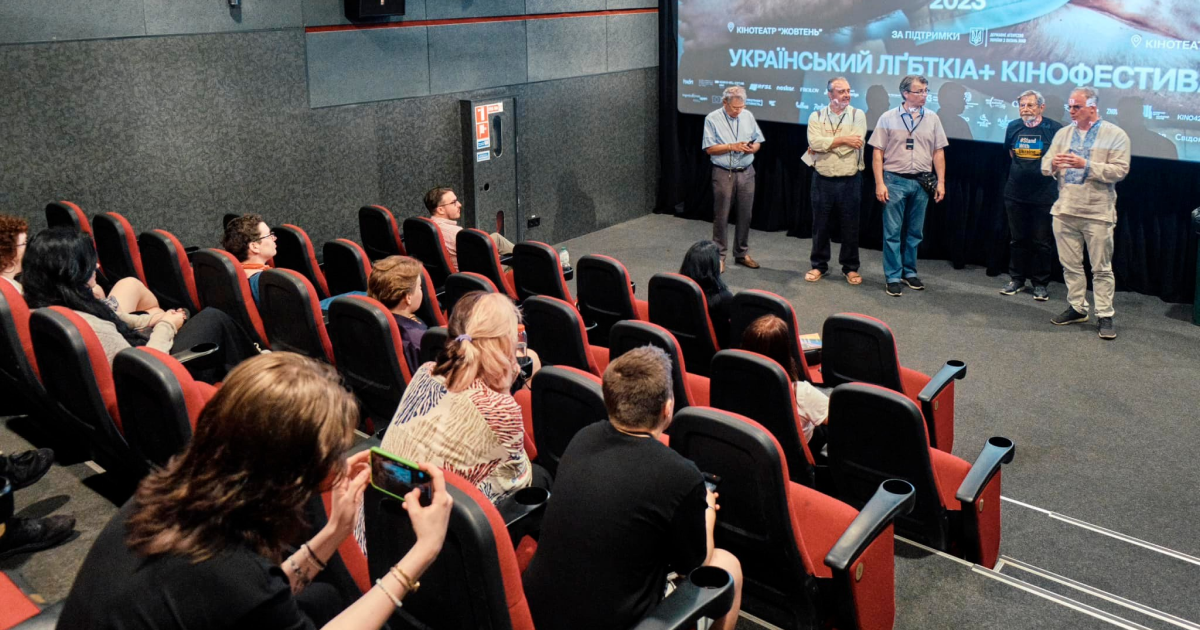
In previous years, it was the most popular programme at Molodist. First of all, it was created for the [LGBTQIA+] community because it is important for its representatives, like any other groups, to see the same people from the community in the media space,
says Bohdan Zhuk.
He had been thinking for several years about making SUNNY BUNNY a holistic film festival. When the team realised that they could hold Molodist in a time of full-scale war, they could also hold the first queer film festival because, as he says, human rights are always relevant.
The Ukrainian Queer Retrospective feature film programme was a separate part of the festival. It included films from different periods, from Tini zabutykh predkiv (Shadows of Forgotten Ancestors) (1965) to Stop-Zemlia (Stop-Earth) (2021).
Through this programme, we wanted to show that queer culture exists, has existed and will continue to exist in Ukraine, as well as the queer community. This topic is present in Ukrainian cinema even despite the censorship by the Soviet Union. Everything was erased and banned, so it has to be rediscovered and appropriated. Serhii Parajanov's film Shadows of Forgotten Ancestors is not a queer film in terms of its plot or characters, but it was made by a queer person, and this influenced his work,
says Zhuk.
The festival received a lot of support from the community. At the same time, the Zhovten and KINO42 cinemas, where SUNNY BUNNY was held, received numerous threats.
"It was predictable; it wasn't the first time I've seen this," says Bohdan Zhuk. In 2014, a smoke bomb was thrown into the Zhovten cinema during a screening of a film with an LGBTQIA+ theme. A fire broke out, and the cinema had to be rebuilt. This year, the territory of the cinemas was patrolled by law enforcement officers, and the director of SUNNY BUNNY says that he has not been informed of any attempts to disrupt the festival.
SUNNY BUNNY is first and foremost a film festival, an art event and a celebration of cinema. But it also has ideological goals. LGBTQIA+ issues are not widely covered in our space. It is clear that there are other priorities, we are fighting for acceptance, and we are all working for victory. But we must not forget that the LGBTQIA+ community is involved in this struggle just like everyone else,
says Bogdan Zhuk.


